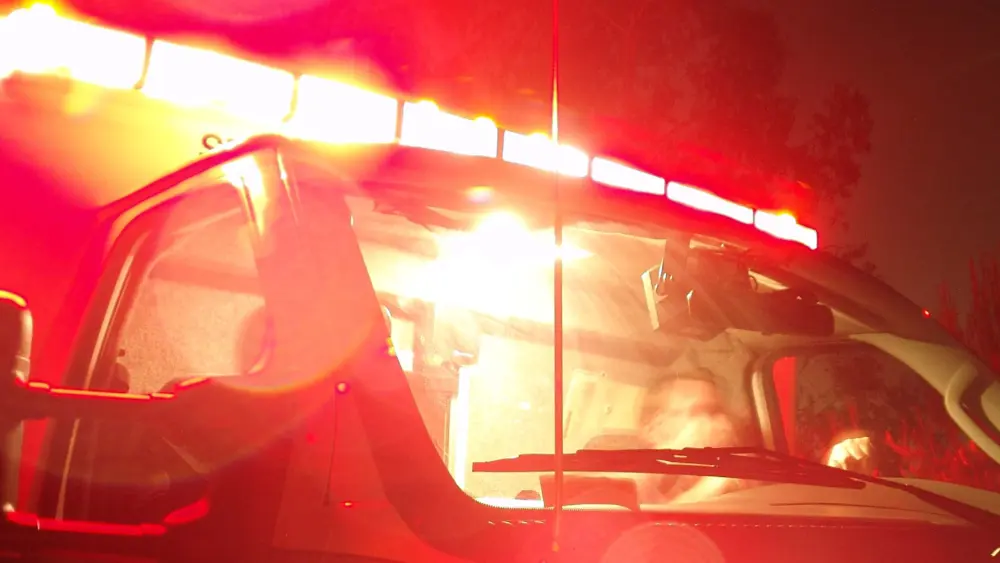By JIM TALAMONTI
Illinois Radio Network
CHICAGO, Ill. (IRN) — The Illinois Chamber of Commerce has taken note of the state’s unresolved legislative issues in its annual End of Session Report.
The 33-page document outlines 2025 legislative activity and the chamber’s engagement in seven core areas: employment, energy, environment, healthcare, infrastructure, tax and technology.
Illinois Chamber of Commerce President and CEO Lou Sandoval said the $55.2 billion budget passed by the General Assembly and signed by Gov. J.B. Pritzker this week left critical issues unresolved.
“Transit, energy, and if you want to take and account for Tier 2 pensions, that wasn’t addressed,” Sandoval told The Center Square.
The employment section of the report noted that “the tenor of the supermajority party this year was largely to respond to movement, actual or perceived, at the federal level.”
Sandoval said the state had budget challenges long before Nov. 5, when Donald Trump was elected President of the United States.
“Many people have been saying it. Legislators have been saying it. They’ve been criticized for speaking out, but then at the same time, we go and ram this through at the eleventh hour with things that are kind of questionable,” Sandoval said.
State lawmakers passed empty shell bills with appropriation titles late on the evening of May 29 with the spring session scheduled to end May 31. The 3,300-page budget was unveiled in the waning hours of May 30.
Several tax proposals did not pass. Sandoval said Sandoval said some of the proposed revenue measures would be costly for consumers.
“You’ve got so-called tax advisory groups, policy wonks that have gotten in and said, ‘We’re leaving money on the table.’ At the end of the day, that’s inflationary,” Sandoval explained. “All of these issues are inflationary to consumers. While business is going to be the applicator of the tax, they’re going to apply the tax and collect it and it may impede their business flow and growth. The problem, especially like with the delivery tax, is it gets rolled downhill. Taxpayers are going to pay for that.”
Sandoval said a $1.50 retail delivery tax to fund public transit was regressive.
“I think the uproar in that one was that it was going to really hurt certain groups, people that don’t have the mobility, where the taxation becomes regressive. Seniors that live in food deserts, people that live in pharmacy deserts, students that are on fixed income that require deliveries to get things to their rural area, that hurts people. That’s fixed inflation statewide for an issue that affects one particular region,” Sandoval said.
The report noted that chamber staff worked with members and other partners to slow the adoption of energy legislation that would impede economic growth.
According to the chamber report’s tax section, “Ultimately, the end of session resulted in significant corporate tax changes that will likely have continued reverberations in Illinois’ economy for the years to come.”
The Illinois Chamber of Commerce opposed the budget’s revenue package, noting that the spending plan was built upon new or increased taxes, including “several harmful proposals that our members expressed strong concerns with.”
Sandoval said there are a lot of businesses that do the right thing.
“I don’t think those businesses seem to get credit for the good they do,” Sandoval said.
A phrase Sandoval highlighted in his end-of-session report letter said, “When business isn’t at the table, bad policy occurs.”




